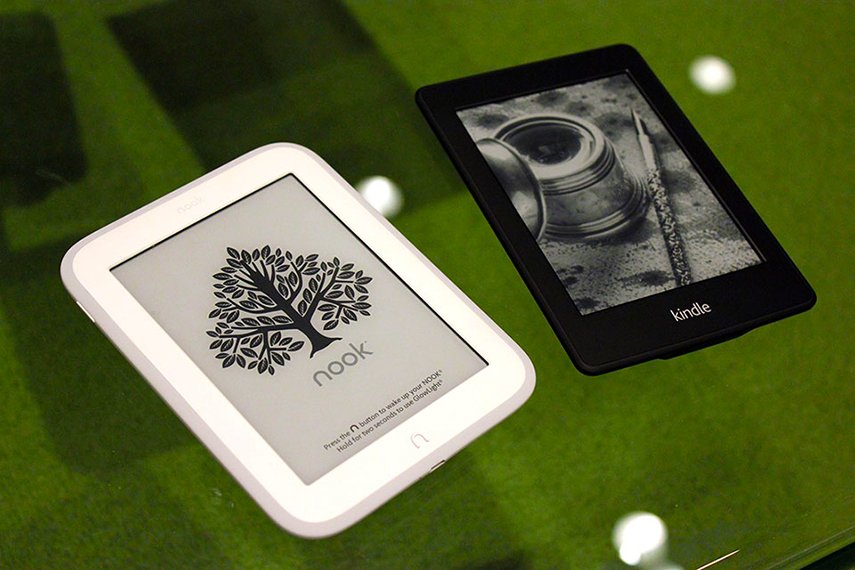Record level of online sales from Christmas 2013 have highlighted the ‘two-track’ nature of retailing – only firms with a higher commitment to technology and a multi-channel approach are in the fast lane and will survive longterm.
Lazy retailers will soon face the ultimate penalty (closure), if they don’t get their act together when it comes to a smooth customer experience digitally. We all have been spoiled by click and collect wizardry and expect it to be the norm. Mind you, retailers have tough decisions to make from shutting stores to figuring out which physical ones to keep open in order to complement their online offerings.
Only the savviest multi-channel retail operators offering consumers the flexibility to shop how and when they like, were the most successful over Christmas 2013 according to the latest figures released by the British Retail Consortium. Online sales of non-food products in the UK grew 19.2% in December compared with 2012 and online growth was at its highest level since March 2010.
As floods and high winds dampened the usual pre-Christmas activity on the UK’s high streets, online sales accounted for almost one in five purchases. The figures demonstrate that with distinct winners and losers last year there is now a clear ‘two-track’ situation in retail and those traders with a real commitment to their online operations are in the ‘fast track’. According to the BRC retailers that have invested significantly in their websites and improving their delivery times have struck a chord with customers who value flexibility, choice and convenience whenever and wherever they do their shopping.
Mobile payment entrepreneur Dan Wagner thinks it’s now make or break on the High Street with retailers needing to leverage online-style tech in a converged multi-channel model to survive. Dan was one of the first UK based Internet entrepreneurs, having founded M.A.I.D (Marketing Analysis & Information Database) in 1984, a company which provided online information services.
Dan commented: “Traditional High Street stores really need to up their game to compete in the new shopping era that we are entering. They need a multi-channel approach that adopts best practice from online and adapts its techniques and technologies to the High Street.
“Smartphones are becoming the focus for customer engagement with shops and retailers should be employing mobile app technologies, to improve the customer experience and transforming their premises into data-rich browsing environments. For example, low-energy Bluetooth beacons can be strategically placed around stores, messaging shoppers as they approach special offers. In this way shopping becomes a more interactive and personalised experience. The technology also has the additional bonus of adding value by retaining valuable data about shopping behaviour.”
Dan Wagner added: “A new concept known as clientelling is another way physical shops can offer something more to the customer. Using clientelling techniques, when a staff member serves a customer the IT systems can bring up the individual customer’s engagement record and automatically flag if they have ordered something online that they could be collecting from the store. The shop worker, even if it’s their first day on the job, has all the information they need to assist the customer, extend the engagement in a number of ways and perhaps identify otherwise unexploited opportunities to up-sell.”
Often an extensive network of shops and distribution centers are seen as a massive overhead for retailers, but a national ‘footprint’ can offer big benefits in the multi-channel paradigm. Dan Wagner explained: “Retailers with national coverage should be using this to their advantage by offering immediate delivery for online orders. They could use geolocation information about where orders are being placed and contact the customer by text to suggest a visit to the nearest store to their current location to pick up their shopping, or perhaps to suggest delivery in the next half hour. This contact also offers another valuable opportunity for engagement and up-selling.”
Dan Wagner summed up by saying: “Mobile technologies along with clientelling and the use of local stores as delivery/distribution points, in combination with developments in the design and layout of shops offer more convenience and a customer experience that is on a par with and often richer than the online alternatives. Traditional retailers now have no excuses not to up their game and adopt online techniques. The number of ways that they can engage with their customers is increasing, but they urgently need to adopt a more technology-led multi-channel approach to get them coming back in through their doors.”
Last year, Wagner suggested retailers look at the opportunities that new mobile tech offered in terms of competing. The embracing of new technology and new ways of operating if retailers want to survive is non negotiable. He suggested “more flexible store layouts with the ability to make purchases anywhere on the premises because convenience and immediacy have never been more important to customers”. Quite right! Since this year, we can expect more customers shopping on the high street with tablet and smartphone in tow.

Hayden Richards is Contributor of IntelligentHQ. He specialises in finance, trading, investment, and technology, with expertise in both buy-side, sell-side. Contributing and advising various global corporations, Hayden is a thought leader, researching on global regulatory subjects, digital, social media strategies and new trends for Businesses, Capital Markets and Financial Services.
Aside from the articles, interviews and content he writes for IntelligentHQ, Hayden is also a content curator for capital markets, analytic platforms and business industry emerging trends. An avid new media explorer Hayden is driven by a passion for business development, innovation, social business, Tech Trading, payments and eCommerce. A native Trinidadian, Hayden is also a veteran, having served with the Royal Air Force Reserves for the past 10 years.
Follow Hayden on Twitter @HaydenARichards, linkedin.com/haydenhrichards and http://www.scoop.it/u/hayden-richards
























